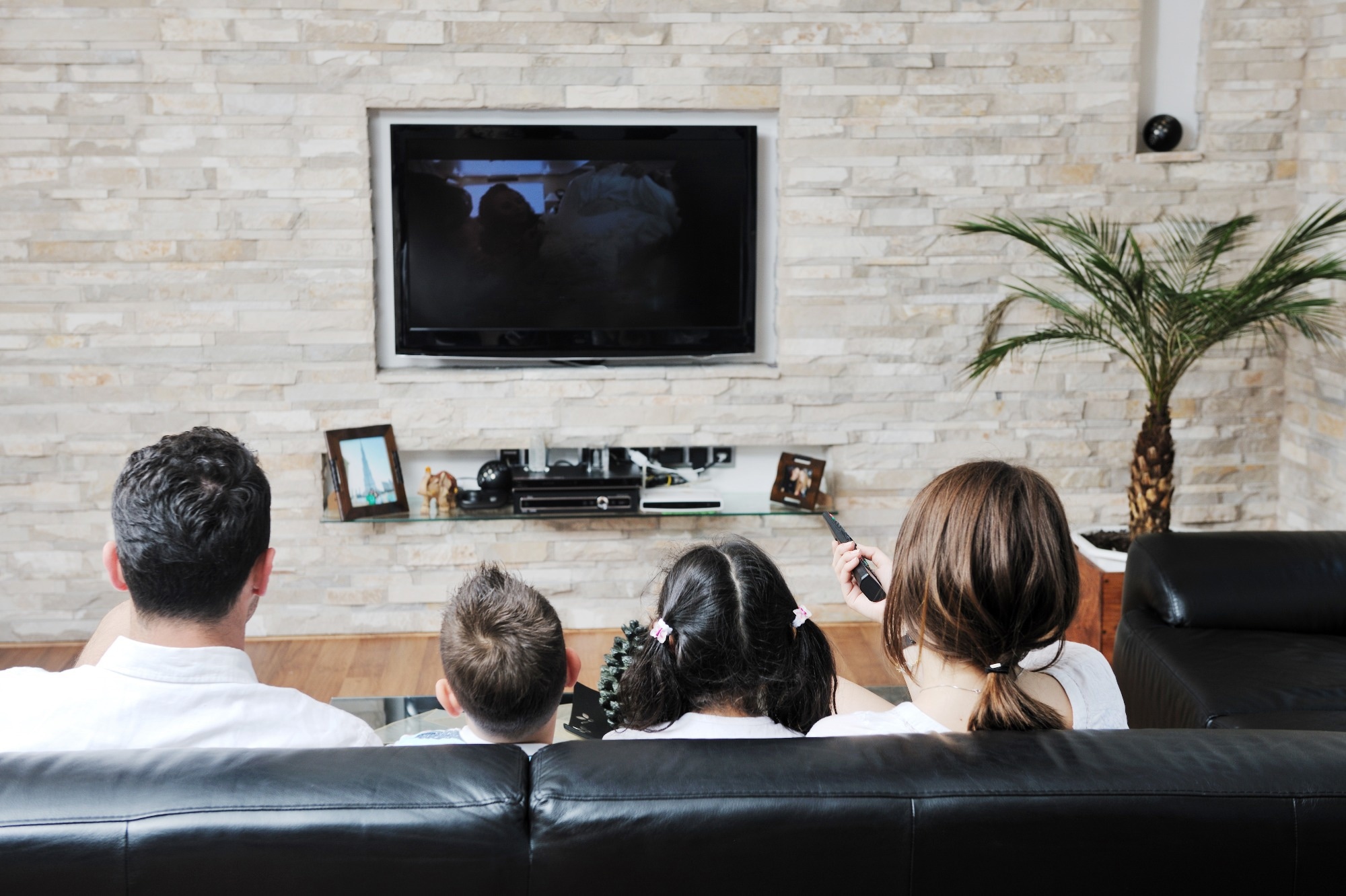They found that the impact of maternal depression on children's behavioral self-regulation is partially mediated by both maternal supportive parenting and children’s screen time, emphasizing the significance of parenting practices in early childhood development.
 Study: Maternal depression and children’s behavioral self-regulation: the role of parenting and children’s screen time. Image Credit: dotshock/Shutterstock.com
Study: Maternal depression and children’s behavioral self-regulation: the role of parenting and children’s screen time. Image Credit: dotshock/Shutterstock.com
Background
Behavioral self-regulation, a crucial skill for children's learning and later school success, is influenced by various environmental factors, including adult-child interactions. Maternal mental health and parenting behaviors are shown to play significant roles in shaping children's self-regulation.
Maternal depression– reflected in greater levels of sadness, irritability, and low moods– is thought to lead to lower-quality caregiving and subsequent influence on self-regulation among the children.
Additionally, children's family screen time emerges as a predictor of self-regulation, with excessive screen exposure potentially mediating the relationship between maternal depression and children's behavioral self-regulation.
The theoretical framework, based on Vygotsky's sociocultural theory, emphasizes the significance of social interactions in early childhood development, emphasizing the need to balance face-to-face engagement and screen time.
Researchers in the present study explored the interplay between maternal depression, parenting behaviors, children's family screen time, and behavioral self-regulation in the Chinese family environment.
They hypothesized that maternal depression could potentially negatively predict behavioral self-regulation among Chinese children. The study aimed to investigate the direct and mediating pathways, addressing a gap in the literature.
About the studyTop of Form
The study recruited 653 participants (338 boys and 315 girls) of mean age 5.94 years, and their mothers, of an average age of 31.56 years. Participants were sampled from diverse socioeconomic regions in China using a stratified random sampling approach.
About 62.6% of the children were from urban areas. While 78% of mothers had an associate degree or higher, 7% of mothers were stay-at-home mothers.
Maternal depression was evaluated using the Depression, Anxiety, and Stress Scale (DASS-21), demonstrating good psychometric properties. Maternal supportive parenting behaviors were assessed using the Child Rearing Practices of Report (CRPR, Chinese version), exhibiting high reliability.
Children's family screen time was measured using global estimates, capturing various screen-based activities on a scale. Children's behavioral self-regulation was gauged using the Child Self-Regulation in Interaction Scale (CSIS), including working memory, inhibitory control, and cognitive flexibility, with strong psychometric properties.
Demographic information, including age, gender, residence, and parental occupations, was collected through a questionnaire.
The analysis involved three stages: obtaining descriptive statistics and bivariate correlations, employing structural equation modeling (SEM) to assess hypothetical models (n = 4), and estimating indirect effects through bootstrapping.
Maternal depression was the independent variable, while the children’s behavioral self-regulation was the dependent variable. Children’s screen time and maternal supportive parenting were treated as potential mediators.
Behavioral self-regulation was treated as a latent construct in SEM. Demographic variables were included as controls. Model fit was assessed using various indicators.
Results and discussion
As per the study, significant correlations were observed among key variables, supporting the subsequent SEM analysis. The three-factor structure of behavioral self-regulation was validated through confirmatory factor analysis.
The results revealed a direct positive association between maternal depression and children's self-regulation (p<0.001). Maternal depression was also found to negatively (and significantly) predict supportive parenting, thereby influencing children's screen time and self-regulation.
This indicated that children having a depressed mother may have increased screen time at home as well as lower levels of self-regulation.
Children’s screen time was found to be significantly linked to their self-regulation, such that children with higher screen time showed an increased likelihood of poor behavioral self-regulation.
Additionally, significant indirect effects were observed, with maternal depression impacting children's self-regulation through supportive parenting. The sequential mediation model, incorporating both supportive parenting and screen time, was found to best explain the associations and show the best fit.
Overall, this comprehensive analysis highlights the intricate pathways through which maternal depression influences children's behavioral self-regulation. It describes the importance of considering parenting practices and screen time in understanding these dynamics.
However, the study is limited by the absence of children's pretest self-regulation scores, potentially biasing the impact of maternal depression and parenting.
Further, the cross-sectional design limits causal relationship establishment. Future studies should incorporate pretest scores and use objective measures for self-regulation.
Conclusion
In conclusion, this study showcases the importance of maternal mental health in early childhood education and care. It highlights the impact of maternal depression on children, mediated by parenting practices and family screen time.
Enhancing maternal mental health is crucial to fostering positive face-to-face interactions and cultivating a harmonious family environment, ultimately contributing to children's behavioral self-regulation.